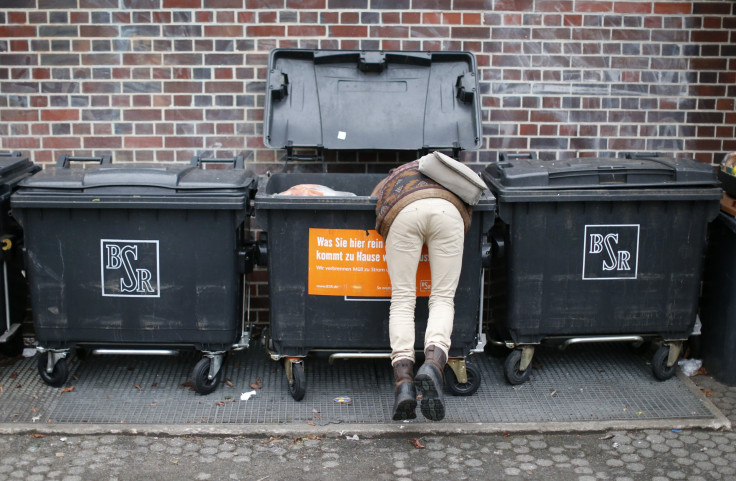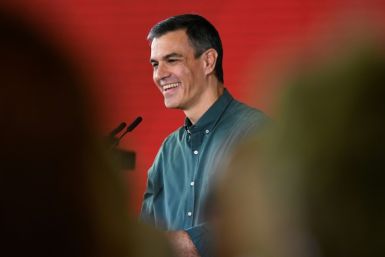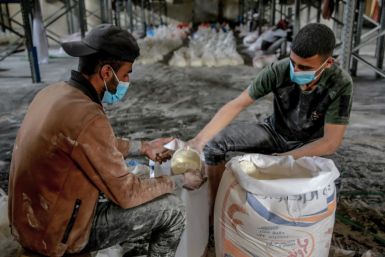Australia’s war against food waste

Australia has begun waging war against food waste as the government embarks on a significant push to cut down food meant for landfills. By giving “waste” a second chance, the nation may save billions per year.
OzHarvest in Sydney is known to take surplus products that huge supermarkets, airlines and other suppliers usually throw out. The food rescue organisation then gives them for free. The strategy attempts to tackle the increasing food waste problem in Down Under, where people toss out some 20 percent of food. Four million tons finish up as waste every year.
Australia vs food waste
The government draws up a plan to reduce the problem by half by 2030. In relation to this, it will convene a national summit later this year involving non-profit organisations and the private sector.
According to the Food and Agriculture Organization (FAO), one-third of food intended for humans is wasted globally. Over 800,000 tonnes of food is thrown out by households in New South Wales per year. This amounts to $10 billion or $3,800 per household.
The UN body said such waste is specifically evident in retail where “large quantities” of human food are being thrown away due to quality standards. According to OzHarvest founder Ronni Kahn, that is when the leading food rescue community in Australia comes in. The organisation hopes to raise awareness about sustainable living.
Besides the needy, “there are people (at the supermarket) who want to take part in this sharing economy, taking produce and understanding why this produce was rejected, why is this here, why is this surplus,” Kahn said, as quoted by The Japan Times. Marcus Godinho of charity FareShare stressed that when food is wasted, resources are wasted as well.
In April, Environment Minister Josh Frydenberg said it was simply remarkable that the nation produce sufficient food to feed 60 million people per year. However, over 600,000 people seek food relief from charities every month in prosperous, modern-day Australia.
More than 80,000 adults and children were assisted by food charities in NSW last year. Brianna Casey, Foodbank chief executive, said that “food insecurity” in the country was heading to "crisis point.”
"We know one in six experiences food insecurity,” the Sydney Morning Herald quotes her as saying. She explained that when families are struggling with the cost of living and energy, food turns out to be a discretionary item, adding she usually sees families choosing between "heating and eating.”
Read More:
Housing in Sydney: Developers build 'boarding houses' for $500 per week
Job opportunities tempt Aussies to flee from Sydney to Melbourne
Al Jazeera English/YouTube






